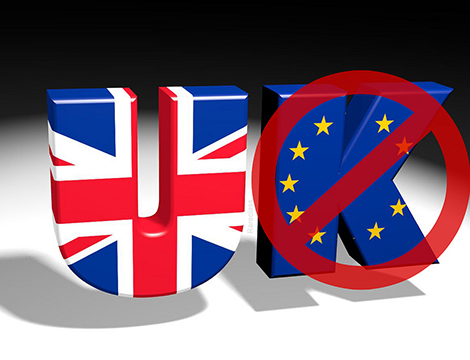
This article was first published on 1 July 2016 in the Kluwer Mediation Blog series
Perhaps we shouldn’t be too surprised by the whole Brexit affair. I’m not talking about the result of the vote itself, but about the referendum process, the behaviour it engendered, and its aftermath.
All the classic features were present. Classic features of what? Well, of binary processes. Those that offer a win/lose, yes/no, remain/leave outcome, and nothing else. Rather like courts, as it happens.
Of course, I realise that decisions do need to be taken, and referenda are intended to produce a clear picture of the will of the people (only just, on this occasion, but I suppose it’s clear at least). Nothing wrong with that.
But the problem is that for all the desire for clarity and decisiveness, binary processes come with some fairly hefty downsides. And these have been laid bare for all to see in the referendum process. I will mention three.

